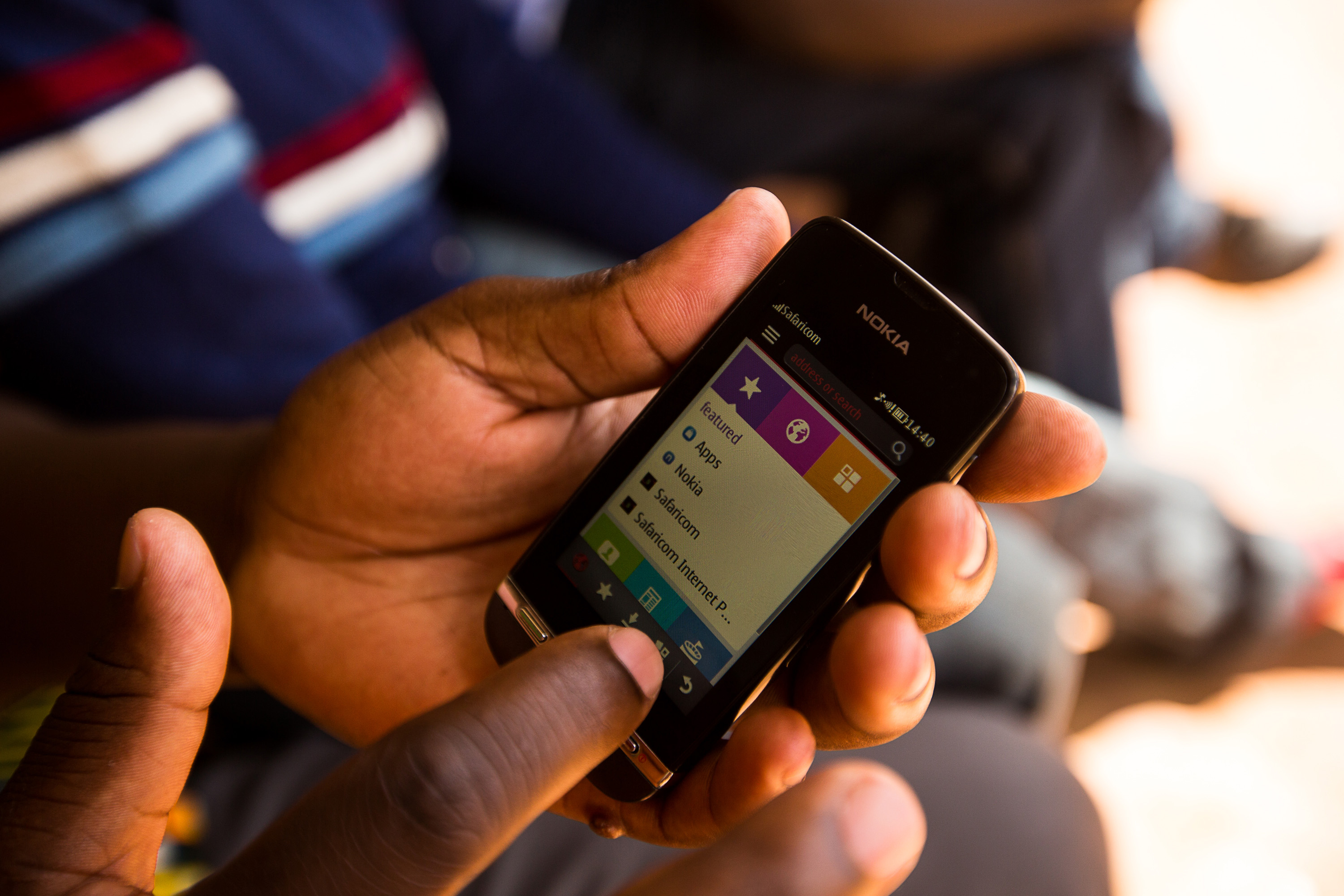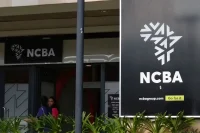Free Wi-Fi is all over the place these days. The first thing many people check for are active Wi-Fi networks when they arrive at a new destination be it an office, airport or even hotel.
Free public Wi-Fi networks – which is shared by several people -– has become baits for customers in hotels, coffee shops, bars.
Yet, the use of free public Wi-Fi comes at a cost, IT experts warn. There is a misconception that when a public Wi-Fi network is password-protected, then it is genuinely safe.
“Usually, it is not, and you run the risk of exposing sensitive data to intruders with malicious intent,” says Kenn Abuya, writing for Techweez.
There are many free Wi-Fi hotspots, some of which provide subsidies for usage such as Facebooks Express Wi-Fi that has been live around Nairobi for a few weeks now. The worry is that not all of them can provide the security offered by a private home network. In addition, your smartphone or computer’s default firewall settings are not sufficient to safeguard your online activities while surfing on the go.
It is important to protect yourself against being prey for online scammers. Some internet users have even linked their bank details to their smartphones and computers. Such bank details incorporate mobile banking apps or direct bank links for online purchases from retail stores, App Store and Google Play and so forth
Such details can be intercepted by scammers when using a public Wi-Fi network.
See Also: The five qualities of a great technoprenuer
The following basic measures can help mitigate cases of a user falling prey of intruders in a public Wi-Fi network, according to Abuya.
Ensure that the name of the network corresponds to the facility providing it: Always confirm the network’s name from staff. Ideally, hackers use decoy network names to deceive unsuspecting users, and this is one sure way of passing sensitive data to them.
Never access sensitive data on a public network: Sensitive data includes banking information and credit cards, making online purchases or accessing emails. Instead, these activities can be done from a private Wi-Fi network at home where ISPs have taken security measures including protecting routers with a strong password and firewalls.
Select public Wi-Fi networks manually, and toggle off sharing: Manual selection of a network means that you dig into the Wi-Fi setting of your device and click on the network you want to connect to, rather than have it connect automatically.
During the first instance of using a public network, it is important that it is not saved to your device. As a result, auto-connection is avoided in case a user is in the range of the network in question.
Alternatively, after use, it is crucial to forget the network. All of these precautions should be done to minimize channels used by hackers.
Network sharing involves shared devices connected to the same network, which may include printers and a variety of other similar gadgets. On a public Wi-Fi network scenario, these settings have to be toggled off because any users can access them and they do not need to have malicious intent. In fact, depending on a user’s set-up, some of their network sharing options may not be password-protected.
Use a Virtual Private Network (VPN) and HTTPS: To begin with, a VPN is widely used to channel traffic into a secure network. VPN is different from private networks in that it uses public internet rather than leased lines employed by the latter.
What is more, there are several VPN apps for smartphone and PC users, and it is advised to turn them on when using a public Wi-Fi network due to their integrity, confidentiality and privacy, availability, not to mention access control.
Next Read: Safaricom hackers beaten at their own game
On the other hand, HTTPS is a secure version of Hypertext Transfer Protocol (HTTP) that has seen wide adoption due to security and privacy concerns when using the internet. Its working model is backed up by authenticating communication end-points and providing confidentiality for incoming internet use.
Often, it is observable from the address bar, especially when using sites such as betting clients, email, social media, banking websites, and many others. If a user is in a public network accessing such sites (for which it is not advisable) and the https is missing, he/she needs to log out promptly.
Generally speaking, the primary concern here is to educate users about the safety concerns of public Wi-Fi hotspots. It should not be confused with telling people to shy away from such amenities.













Leave a comment